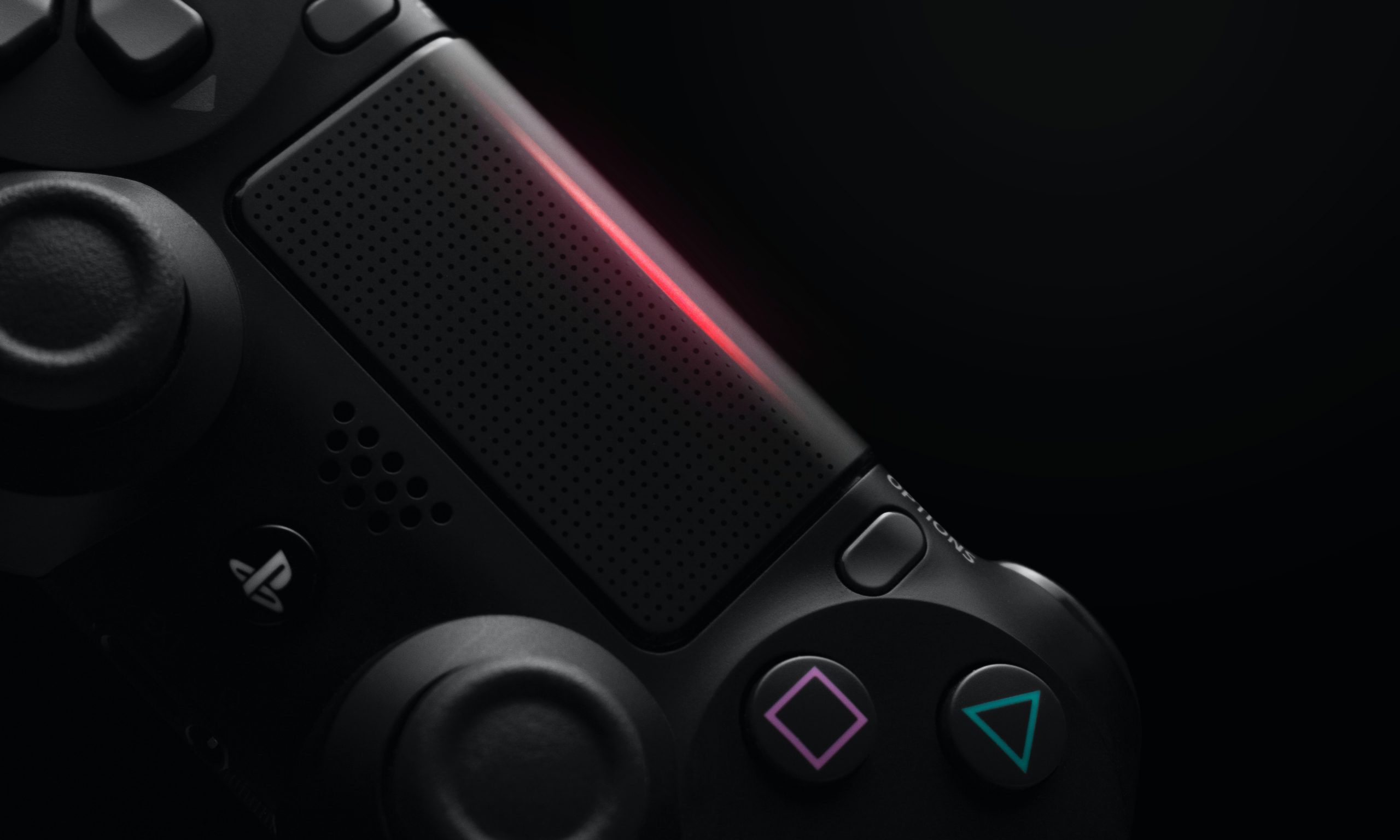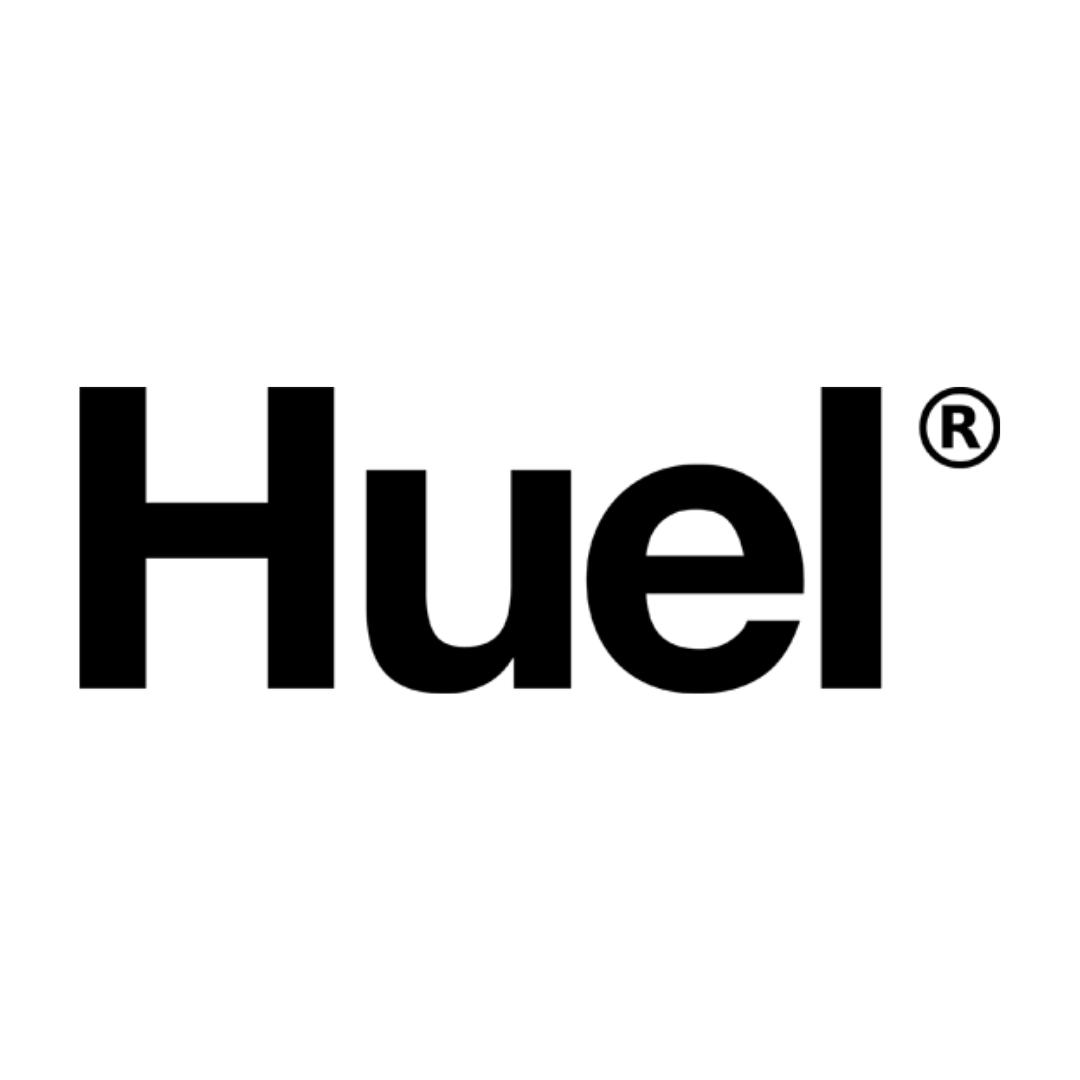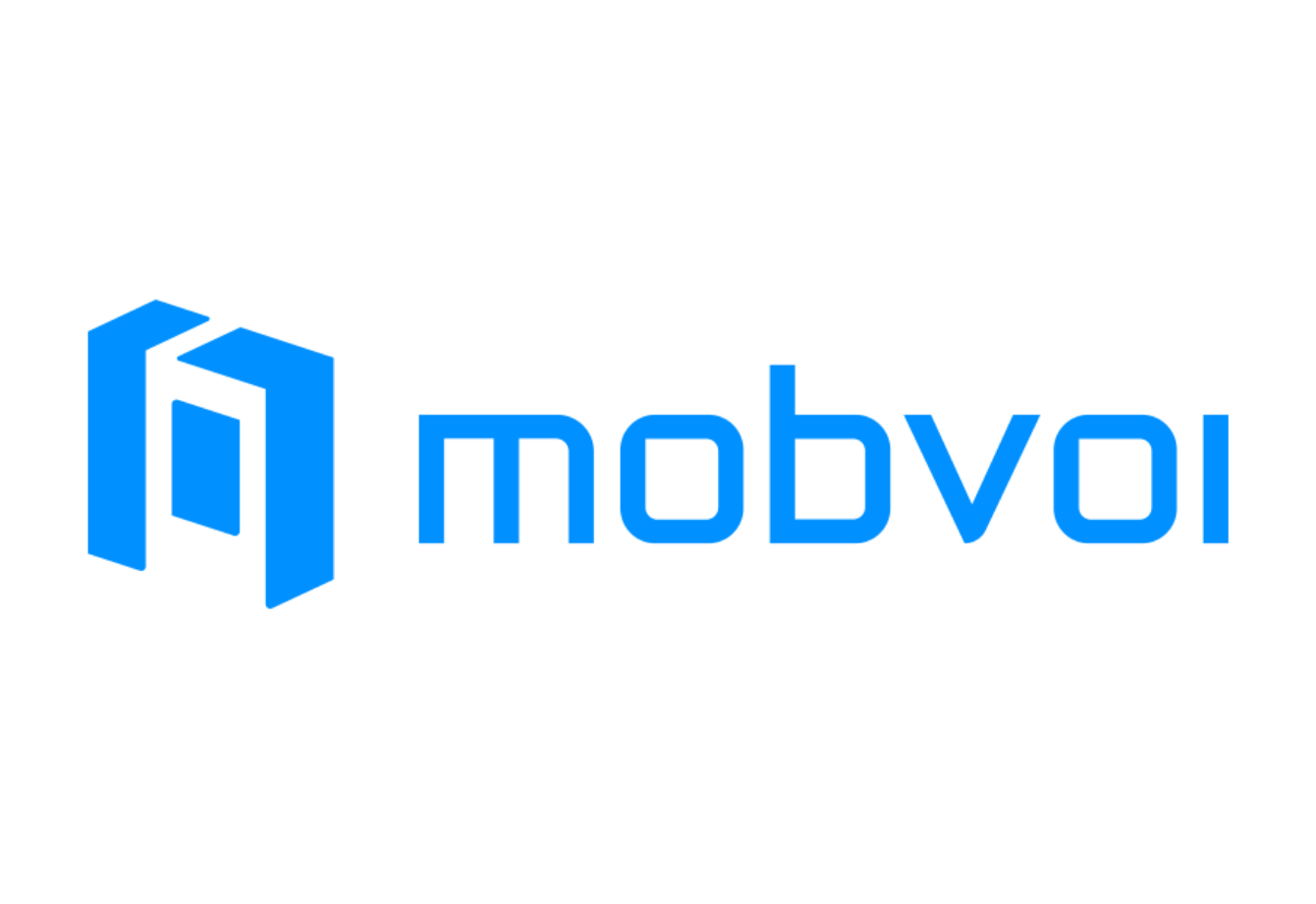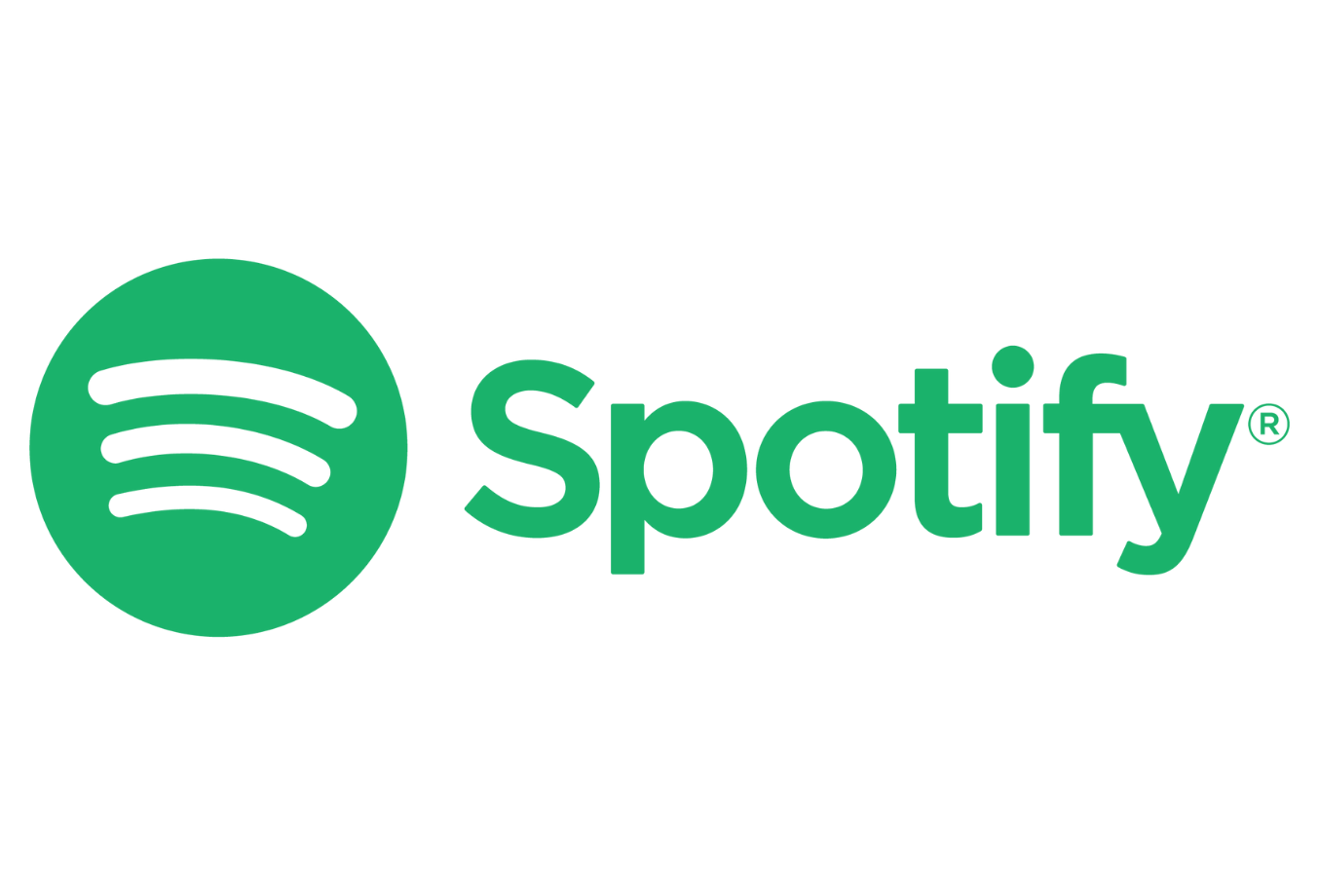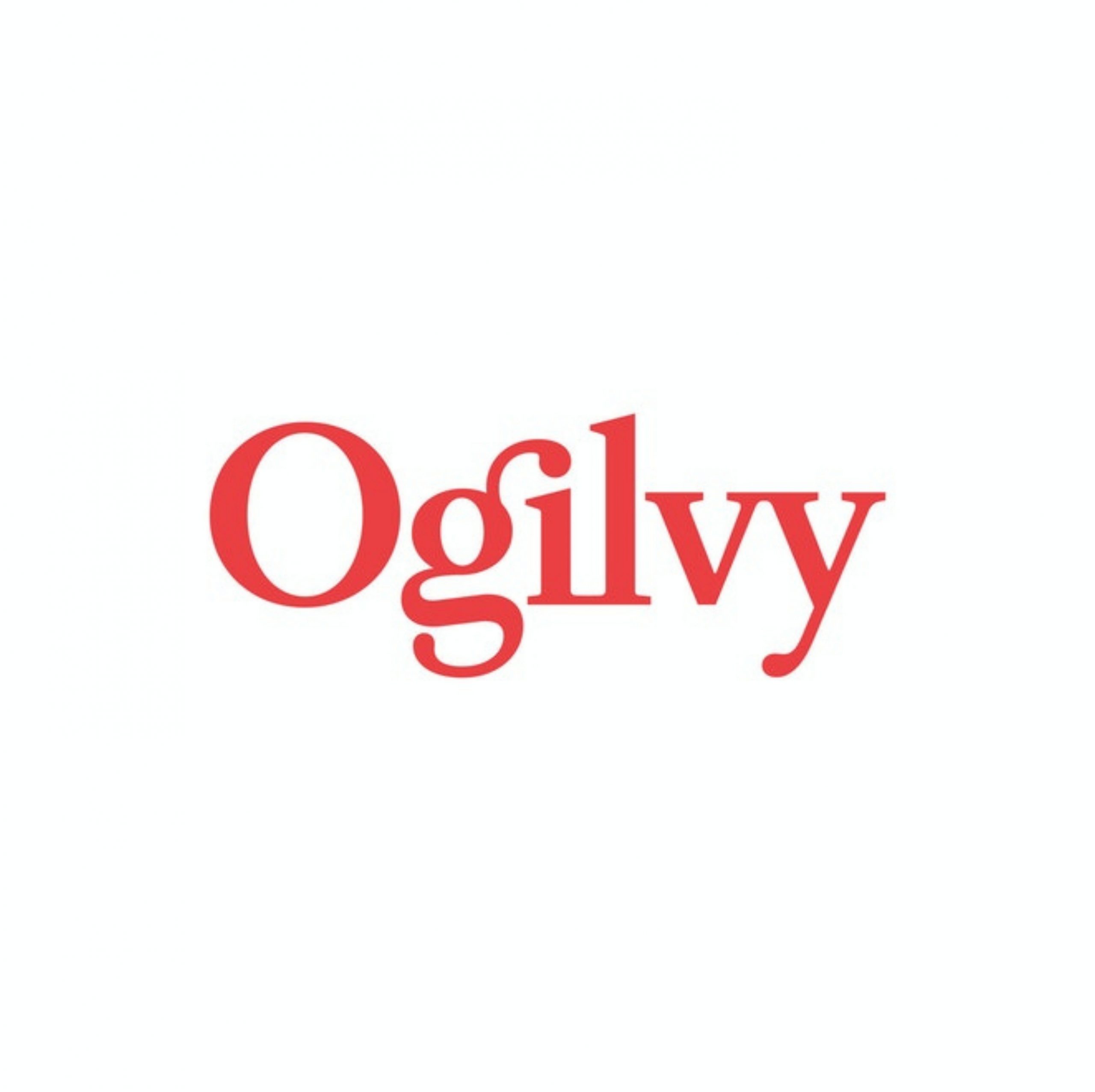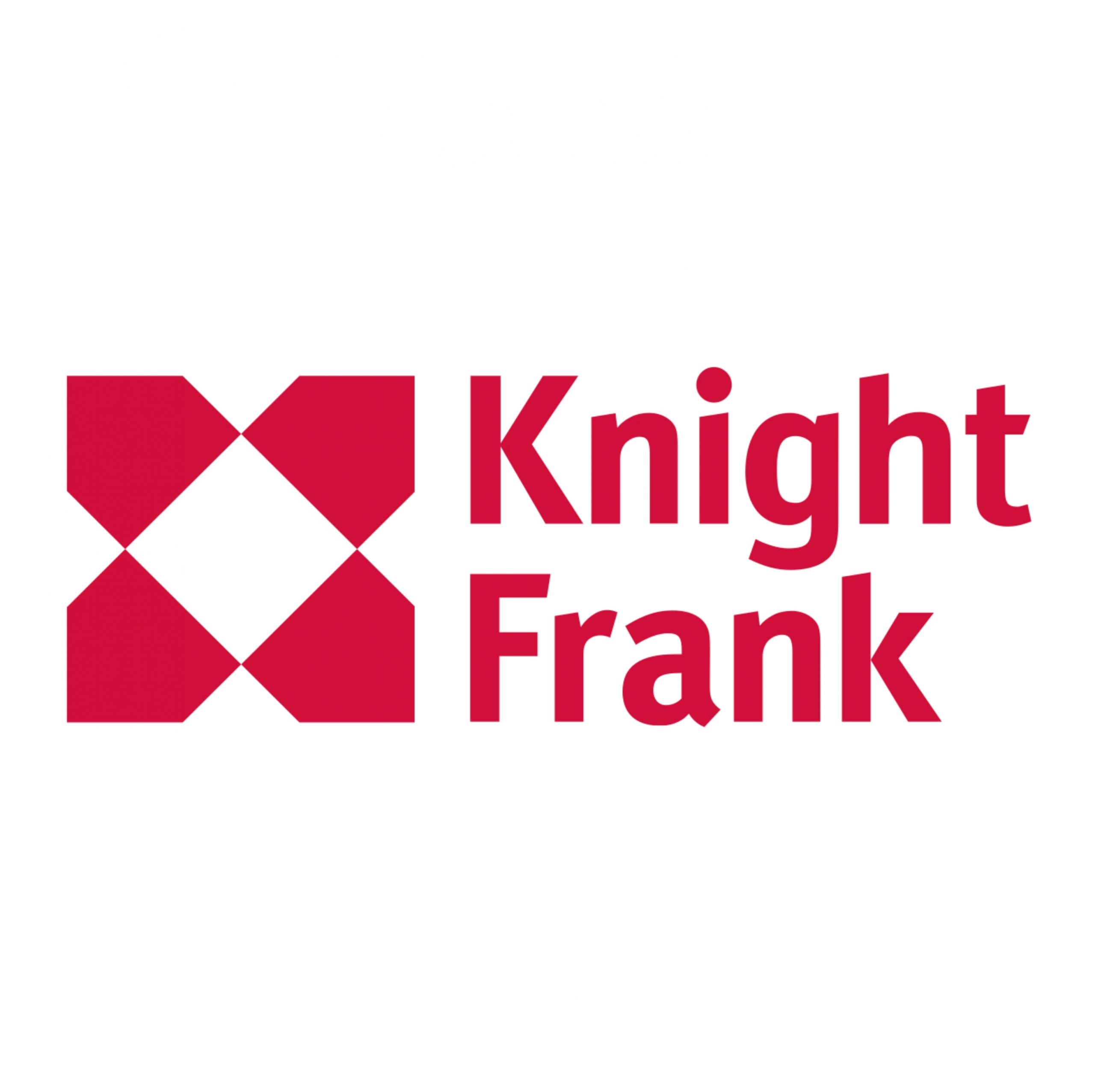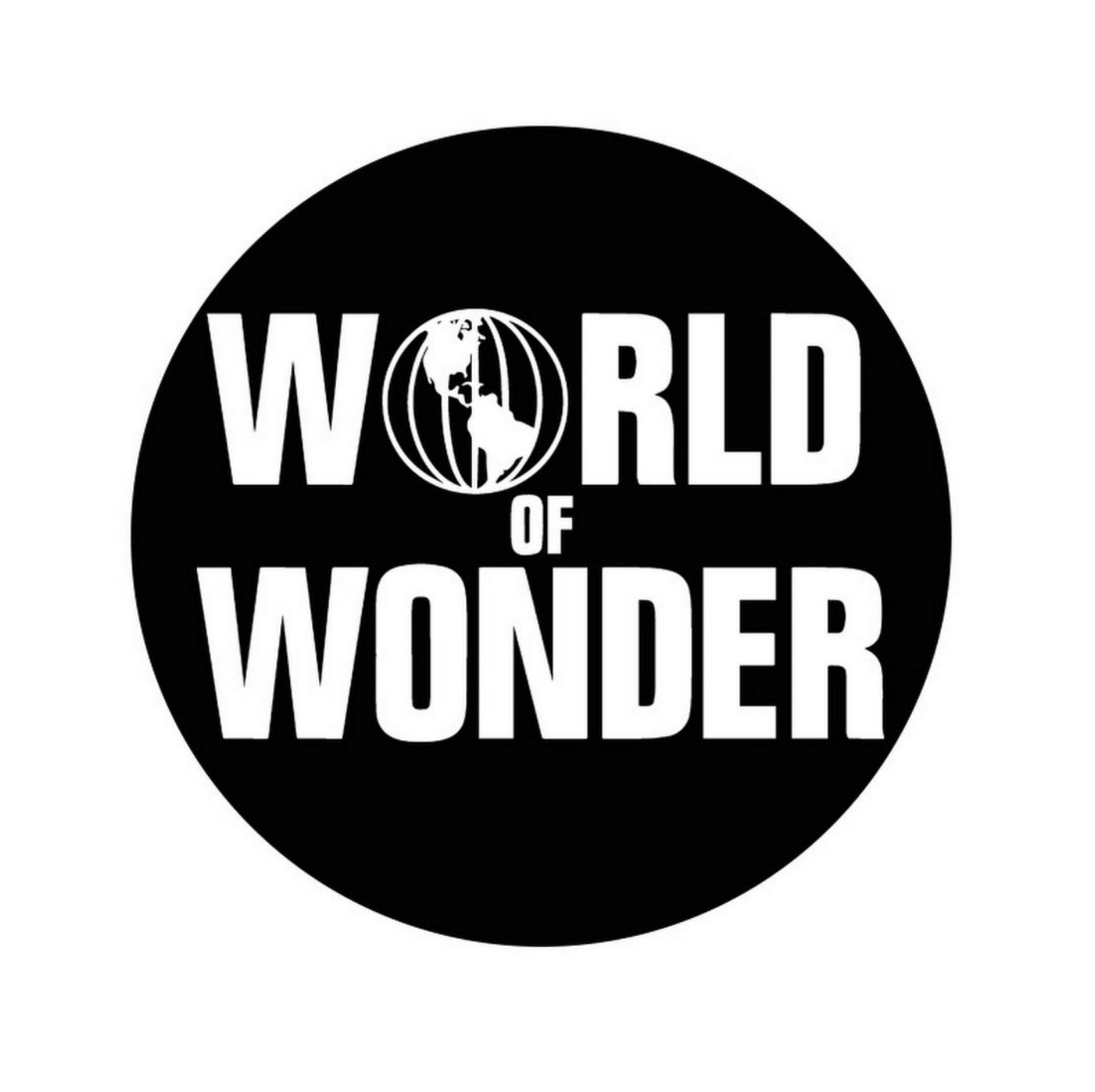Telling a story isn’t as easy as it may first seem. What’s even harder, is crafting a story that matches your advertising campaign goals, whilst staying true to your brand. You might have very clear objectives in mind when planning your campaign and perhaps, you’ve even got a story that you think will deliver your goals. But, tread with caution.
Sometimes we can become so wrapped up in how great a story might sound or look on paper that we lose focus on what we initially set out to achieve in the first place. It’s easy to lose sight and to not think objectively enough about whether the story we want to tell suits the campaign we run it for.
We can become so blinded by our brilliance that we realise too late that an idea we had didn’t hit the objectives we wanted to achieve. Worse still, some ideas sound a lot better on paper but when viewed in reality, they can turn out to be very misconceived indeed. Taste and tact are very real pitfalls in the world of advertising and every company, no matter how big or small they might be, has to remember that.
Occasionally, we might create an ad that looks and feels like it belongs in an entirely different place to what we had in mind when we commissioned it. The following are examples of some fantastic and fun uses of storytelling in advertising that probably belonged to a different campaign.
Bell’s Whiskey: “The Reader”
We would much rather have seen this ad as part of a reading advocacy campaign, perhaps one to encourage greater literacy in both older and younger generations. No offence meant to Bell’s, but they kind of relegated their product with this one.
We already see the payoff of the father’s efforts in learning to read. Ordering the Bell’s after this doesn’t do much more to service the moment or the product. If the whiskey had been ordered by the son as soon as he heard his father had read the book, then it would have been far more impactful to the story.
PlayStation 3: “Baby Doll”
Yes, this is creepy. Yes, it is intentionally and purposefully disturbing without giving much away about the product, but that’s what makes it so brilliant. Arguably there are two ways to take this ad, as both a warning and a promise of what is to come.
The baby can represent both the curiosity of the customers who will purchase the console and their potential obsession with it. We see as much from the baby’s curiosity when it first sees the console which turns to excitement, awe, fear, and finally, acceptance.
But this is too obscure for a casual viewer. The PlayStation’s presence only complicates matters further because the audience is still asking “why would I buy this?” after the ad ends. Bold, but it’s irrelevant if you can’t see the innovation of the product, which is what you want people to buy into.
Not, a creepy plastic baby.
Nationwide: 2015 “Boy”
Yeah wow, this one takes a pretty dark turn after such a sweet build-up. The biggest thing wrong with this ad is that the storytelling doesn’t arrive at an appropriate ending. We don’t mean discovering the boy is dead. We mean that it doesn’t fit the service Nationwide is offering at all.
They might argue otherwise, but it is beyond inappropriate to remind parents about insurance of all things when their children’s lives are being brought up. It should have been implied this is what happened to the boy. It should have been to raise awareness for child cancer research or something more urgent than taking out an insurance policy with Nationwide.
Chanel No.5 “There You Are”
Brad Pitt speaking whilst a camera slowly zooms in on his exceptionally handsome face could sell a lot of things. The choice of filming in black and white is perfect for drawing the viewers’ attention in even further, to Brad that is. Listening to his voice is like having honey poured slowly down your throat whilst receiving a head massage…
Except everything he is saying, is almost complete and utter nonsense when you listen to it and get through to the product itself. Sorry, what? Journey’s end but we as people go on? Plans disappearing and dream taking over? Inevitable? Chanel inevitable?
This could have been the most artful travel insurance advertisement ever created or, you know, anything. But what we end up with is one of the most parodied ads Chanel has produced in quite some time.
Apple iPad: “What’s A Computer?”
This doesn’t have to be a commercial for anything else other than an iPad. It masterfully demonstrates the functionality and sophistication of the product. It is a beautifully shot piece of film. But, why take such a big swing at the market which gave birth to tablet devices?
Yes, we know it isn’t a computer, everyone knows it isn’t a computer. No one would have said otherwise had Apple not dropped the word into the ad. Apple deserves every praise for essentially reinventing the way we look at computers, as well as shaking up that market as a whole.
But they haven’t replaced the entire market.
Contrex: “Exercise Bike”
Nestle’s cheeky push of its mineral water is very much a crafty piece of storytelling. The staging of the event gives it a flash-mob-like feel but, that’s about as close to real-life as it gets. That being said, however cliched the sight of a light-up stripper peeling his clothes off to encourage ladies to cycle faster maybe, it certainly reinforces some positive messages about exercise.
This is exactly why this ad then feels a bit misrepresentative. “We would lose weight better if it was more fun” is the takeaway message. The focus is far more on the creativity of the ad itself without pushing the product hard enough. Hydration is necessary to human life, so why aren’t we seeing people drink more Contrex in this ad?
Axe/Lynx Peace: “Make Love Not War”
Axe has always been known for creating some provocative campaigns to market their fragrance. It was a real surprise to see them drop this campaign for their Peace aerosol which saw them ditch the more sexualised nature of their previous campaigns.
This is so good, with its not too subtle allusions to modern world conflicts and dictators, that it is probably far too good to be an Axe commercial. We don’t mean that as an insult to Axe or the creatives behind it. It’s just that it feels like “Make Love Not War” belongs with a much bigger concept or campaign than body spray.
We might not be sounding very complimentary at this point, but we do love this ad and the ingenuity it takes in parodying reality.
Adidas: “Break Free”
Wow, can you believe they never ran with this? Pardon the pun, but it also isn’t too hard to see why Adidas wasn’t completely taken away with this beautifully constructed short.
With more than a few ominous nods to One Flew Over The Cuckoo’s nest, this powerful reminder of the effects of aging and the implied impact on mental health could easily be front and centre for campaigns for dementia and assisted living centres.
It is a deeply moving piece of film. Some might argue that Adidas is the perfect partner for promoting such issues in tandem with sports and exercise. Unfortunately, they just didn’t agree.
Hyundai: “Pipe Job”
Big Yikes to this one! The somber colour palette sets the tone for this ad from the off. You know things are going to get serious very quickly. But the shot of the pipe pumping exhaust fumes through the window is incredibly graphic. Definitely not something which the ad recovers from.
All the more reason why the ad is a colossal disappointment and quite distasteful. What looked like it was going to be an incredibly cutting commercial for suicide awareness ends up becoming subversive marketing for reduced emissions.
Pantene: “Sorry Not Sorry”
The whole concept of the ad is to remain unapologetic with strong and shiny hair but, the scenarios we see the women in the ad thrust into seem to over-politicise the use of the word ‘sorry’. We use the word sorry as a courtesy, just as much as we do as an apology, a fact that appears to be lost on Pantene.
If this was an ad geared towards career progression and not aimed exclusively at a female market, then the messaging behind “sorry not sorry” would seem better placed. As it is, the ad just seems like yet another forceful take on gender politics and has little to no impact on hair care.
